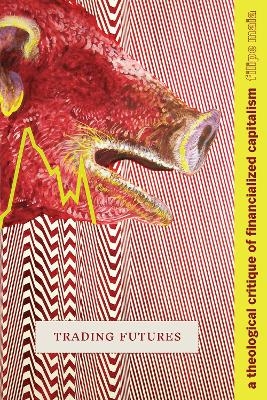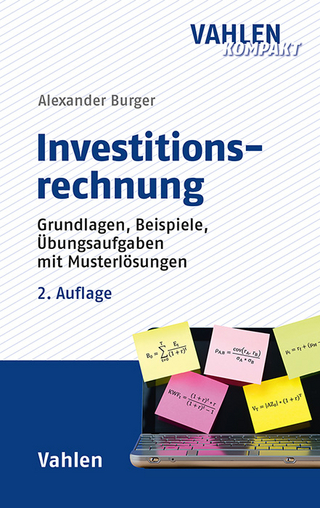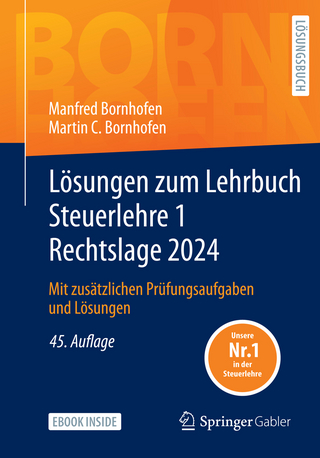
Trading Futures
A Theological Critique of Financialized Capitalism
Seiten
2022
Duke University Press (Verlag)
978-1-4780-1614-4 (ISBN)
Duke University Press (Verlag)
978-1-4780-1614-4 (ISBN)
Filipe Maia offers a theological reflection on hope and the future in the context of financialized capitalism, arguing that the Christian vocabulary of hope can provide the means to build a future beyond the strictures of capitalism.
The discourse of financialized capitalism tries to create a future predictable enough to manage risk for the wealthy, to shape the future into a profit-making site that constrains and privatizes the sense of what’s possible. Here, people’s hopes and meaning-making energies are policed through the burden of debt. In Trading Futures Filipe Maia offers a theological reflection on hope and the future, calling for escape routes from the debt economy. Drawing on Marxism, continental philosophy, and Latin American liberation theology, Maia provides a critical portrayal of financialization as a death-dealing mechanism that colonizes the future in its own image. Maia elaborates a Christian eschatology of liberation that offers a subversive mode of imagining future possibilities. He shows how the Christian vocabulary of hope can offer a way to critique the hegemony of financialized capitalism, propelling us in the direction of a just future that financial discourse cannot manage or control.
The discourse of financialized capitalism tries to create a future predictable enough to manage risk for the wealthy, to shape the future into a profit-making site that constrains and privatizes the sense of what’s possible. Here, people’s hopes and meaning-making energies are policed through the burden of debt. In Trading Futures Filipe Maia offers a theological reflection on hope and the future, calling for escape routes from the debt economy. Drawing on Marxism, continental philosophy, and Latin American liberation theology, Maia provides a critical portrayal of financialization as a death-dealing mechanism that colonizes the future in its own image. Maia elaborates a Christian eschatology of liberation that offers a subversive mode of imagining future possibilities. He shows how the Christian vocabulary of hope can offer a way to critique the hegemony of financialized capitalism, propelling us in the direction of a just future that financial discourse cannot manage or control.
Filipe Maia is Assistant Professor of Theology at Boston University.
Preface ix
Introduction. Of Edges and Hedges 1
1. Futures Devoured 23
2. Promissory Notes 40
3. Times That Matter 62
4. The Time That Is Money 86
5. Sighs of the Times 110
6. Fugitive Futures 130
Notes 149
Bibliography 181
Index 197
| Erscheinungsdatum | 01.11.2022 |
|---|---|
| Verlagsort | North Carolina |
| Sprache | englisch |
| Maße | 152 x 229 mm |
| Gewicht | 454 g |
| Themenwelt | Geisteswissenschaften ► Religion / Theologie |
| Wirtschaft ► Betriebswirtschaft / Management ► Finanzierung | |
| ISBN-10 | 1-4780-1614-0 / 1478016140 |
| ISBN-13 | 978-1-4780-1614-4 / 9781478016144 |
| Zustand | Neuware |
| Haben Sie eine Frage zum Produkt? |
Mehr entdecken
aus dem Bereich
aus dem Bereich
Allgemeines Steuerrecht, Abgabenordnung, Umsatzsteuer
Buch (2024)
Springer Gabler (Verlag)
28,00 €
Grundlagen, Beispiele, Übungsaufgaben mit Musterlösungen
Buch | Softcover (2024)
Vahlen (Verlag)
24,90 €


